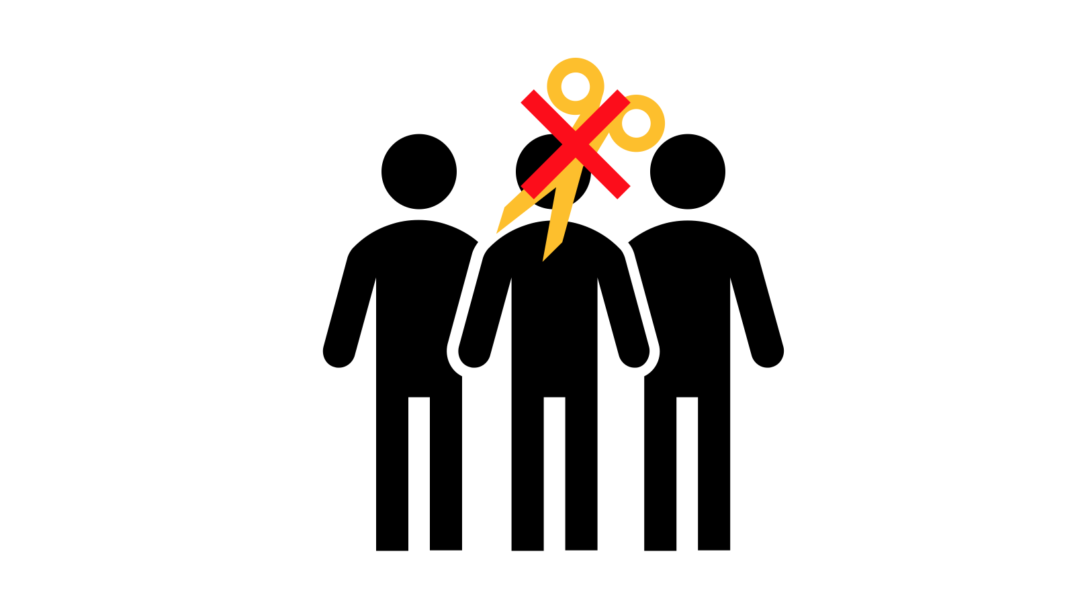
Blockchain is said to eliminate middlemen – just search for the purpose of distributed ledger technologies DLT, and you will end up with numerous predictions what kinds of middlemen will leave the playing field when blockchain arrives – disintermediation at its best. Although we have been developing blockchain solutions since 2015, we‘re somewhat sceptic about that disruption variant.
First – what is a middleman, and why does he actually exist, at all? Of course, there are many different kinds of middlemen in various industries, and their efforts are not necessarily compatible with each other. However, the common denominator of middlemen purposes is to facilitate relationships between two or more contracting partners. Be it a travel agent who connects a future traveler with hotels, airlines and other travel product suppliers, be it an auditor who audits financial processes of a company in order to prove the client’s correct and compliant behavior towards its shareholders – apparently there has been sufficient economic room for parties in between contracting partners.
Comes in blockchain and kills these middlemen? In theory: yes: blockchain technology provides a decentralized secure database and ledger that allows for individual access of all contracting partners without the formerly known risks and challenges of data sharing. In practice, we are sceptic. Sure, as a so-called trustless system, blockchain provides a decentralized notary function and therefore no external trust agent is needed any more. However, killing the trust agent results in a responsibility of each individual for everything the agent was responsible before.
Middlemen facilitators
Let‘s assume you are in the crypto trading business and you buy and sell your coins via a centralized crypto currency exchange. In this case, the exchange might help you recover your lost passwords that give you access to your account. If, alternatively, you trade via a decentralized crypto currency exchange, you are completely responsible for your passwords yourself – nobody will support you in case you lost access to your account. Same with any financial transaction on a blockchain: if you sent your Ether to your friend‘s wallet address, but unfortunately, you entered some transposed numbers into your transaction – your digital money is gone – unless the surprised unknown recipient sends it back to an account he doesn’t know himself. There is no bank (middleman) that could help to correct or withdraw your transaction.
These two examples alone show that predictions of fully occupied graveyards of middleman are exaggerated, if not simply wrong.
Let‘s look at a more differentiated case: in supply chains, there is a business run by middlemen that certify a product’s authenticity and provenance. With a blockchain system including a token that transports the product memory beside acting as a means of payment, theoretically there is no need for this kind of selective checks of materials or production processes. Since all network particpants have realtime access to the blockchain – and therefore to the complete product memory – everybody can be sure about correctness and consistency of the data in the supply chain.
However, who sets-up, runs, and maintains the blockchain? Who creates the governance model and acts as a contact entity for the network‘s participants? Who cares for the integration of the supply blockchain into legal and regulatory frameworks? If one of the participants would take that role – would everybody else trust the network? Would not the certification agent – the former middleman – be the best suited entity for this role? Isn‘t it the certification agent who already knows many, if not all, of the participants and therefore would be the one who could facilitate the blockchain in the best possible way?
Re-Intermediation
We at Datarella never have endorsed revolutionary disruption models that are based on 100% changes within industries. We think that gradual, evolutionary developments serve the needs of stakeholders in an industry better. Insofar, we expect blockchain technology to eliminate unnecessary and overpriced middlemen services, but at the same time blockchain can prove to be the ideal technology for all sorts of middlemen to re-invent themselves and bring their service offerings to the next level. This development would be then called re-intermediation, instead of dis-intermediation. No worries, middlemen: Blockchain might prove to be a proper business opportunity for you!
